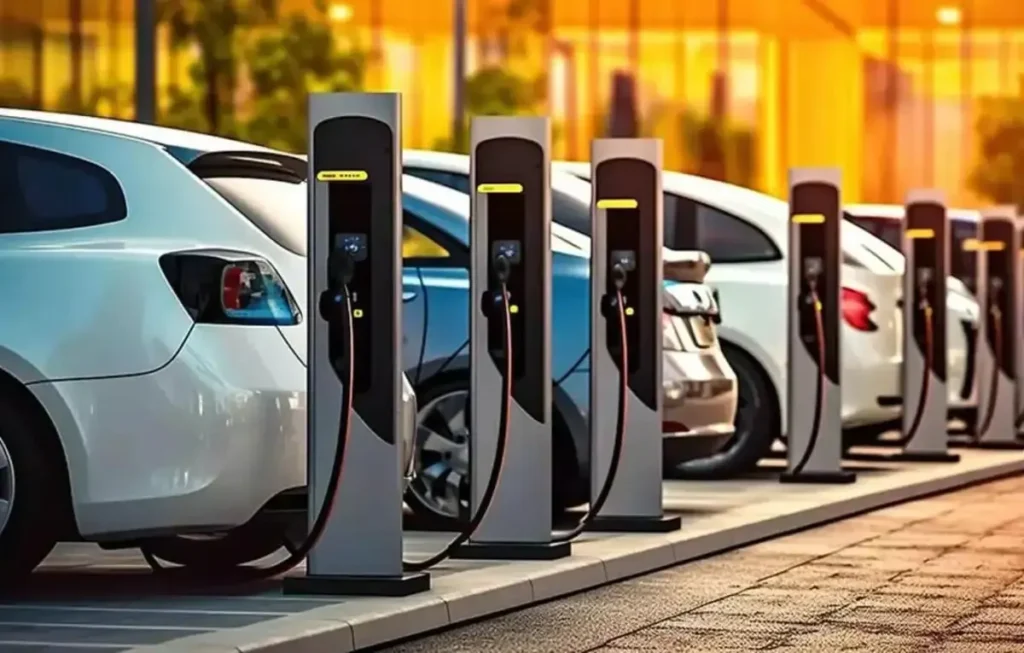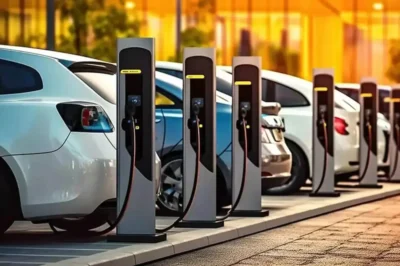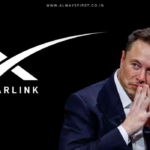
India’s electric vehicle (EV) market has experienced a remarkable surge, driven by a combination of government incentives, increasing environmental awareness, and advancements in technology. The nation’s commitment to reducing carbon emissions and promoting sustainable transportation has led to a significant rise in EV adoption across various segments.
Government Incentives Fuel Growth
The Indian government’s proactive approach has played a pivotal role in accelerating the adoption of electric vehicles. Initiatives such as the Faster Adoption and Manufacturing of Hybrid and Electric Vehicles (FAME) scheme and the Production-Linked Incentive (PLI) scheme have provided substantial financial support to manufacturers and consumers alike. These policies have not only made EVs more affordable but have also encouraged domestic production, thereby reducing dependence on imports and fostering economic growth within the sector.
Market Dynamics and Consumer Adoption
The surge in electric vehicle sales can also be attributed to changing consumer preferences and the growing awareness of environmental issues. With rising fuel prices and concerns over air pollution, many consumers are turning to electric vehicles as a cost-effective and eco-friendly alternative. Additionally, the expansion of charging infrastructure and improvements in battery technology have addressed previous concerns related to range anxiety and charging convenience, further boosting consumer confidence in EVs.
Industry Response and Technological Advancements
Automobile manufacturers have responded to the growing demand for electric vehicles by investing heavily in research and development. Companies are introducing a diverse range of EV models, catering to different consumer needs and preferences. Innovations in battery technology, such as the development of high-capacity and fast-charging batteries, have enhanced the performance and efficiency of electric vehicles, making them more appealing to a broader audience.
Challenges and Future Outlook
Despite the significant progress, the electric vehicle market in India faces several challenges. Issues such as the high initial cost of EVs, limited charging infrastructure in rural areas, and the need for a skilled workforce to handle advanced technologies remain areas of concern. However, the governments continued focus on policy support, coupled with ongoing investments from both public and private sectors, is expected to address these challenges and sustain the growth trajectory of the EV market.
Conclusion
The surge in electric vehicle sales in India marks a significant milestone in the nation’s journey towards sustainable transportation. With continued government support, technological advancements, and a shift in consumer mind-set, the future of electric vehicles in India looks promising. As the country moves closer to its environmental goals, the electric vehicle market is poised to play a crucial role in shaping a greener and more sustainable future.









































Leave a Reply